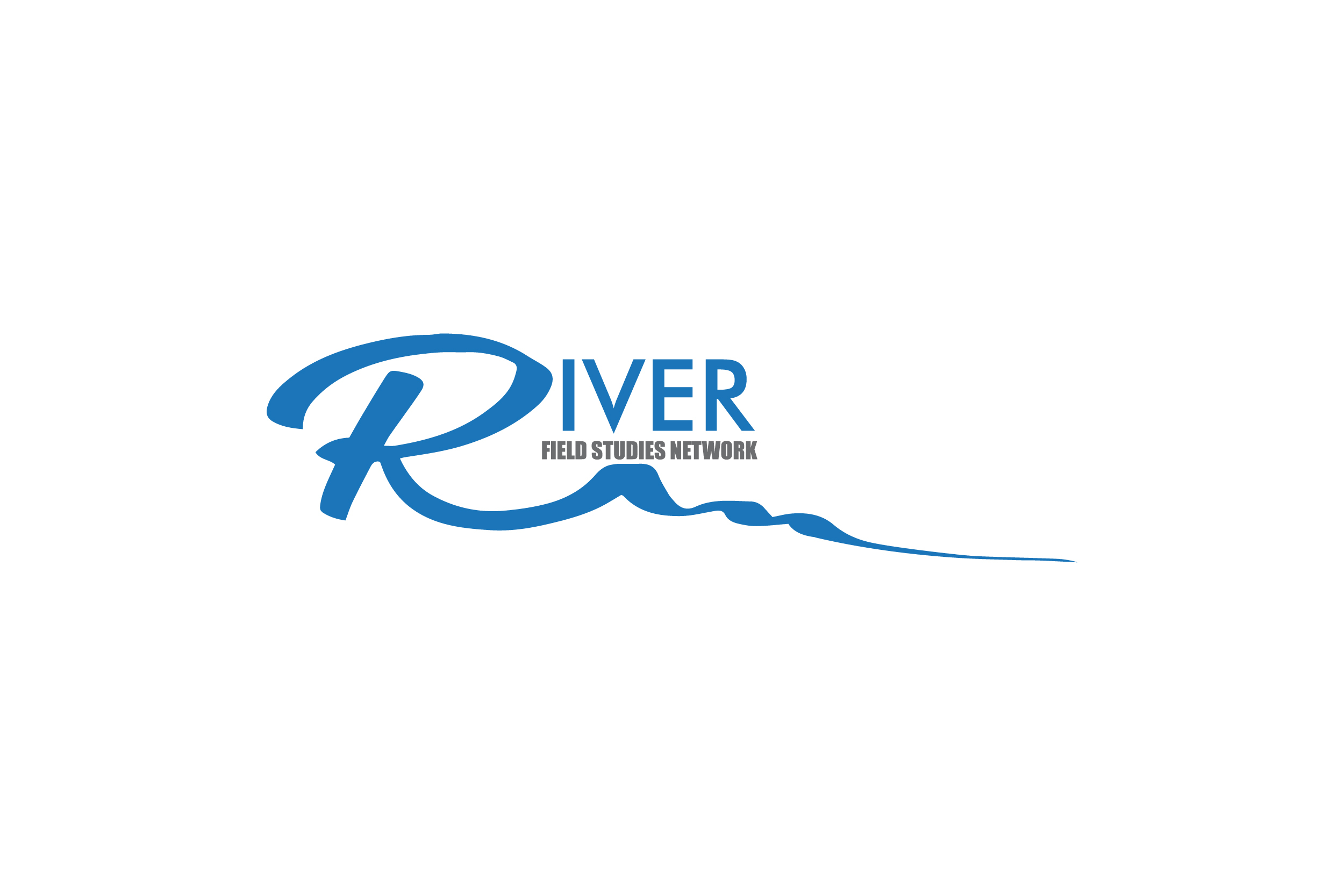Simple, Accessible River-Based Field Investigation of Riverine Microplastics
Author(s): Sarah Rankin Gordon
Colorado Mountain College
799 total view(s), 576 download(s)
Simple Accessible River-Based Field Investigation Of Riverine Microplastics - S.R.Gordon.pdf(PDF | 480 KB)
Charts to Print Laminate.pdf(PDF | 1003 KB)
Instructors Lesson Notes.pdf(PDF | 174 KB)
Expanding Understanding Lecture Demo Part 1.mp4(MP4 | 183 MB)
Instructors Rubrics.pdf(PDF | 107 KB)
Preclass Assessment .pdf(PDF | 79 KB)
Preclass Assessment Answer Key.pdf(PDF | 78 KB)
Student Lab Manual.pdf(PDF | 420 KB)
- License terms
Description
Summary of the Lesson
This lab provides an opportunity for science students to apply the scientific method in a real world setting to investigate whether or not their local river, creek or stream contains microplastics. And because this lab is designed as a field lesson, the use of expensive laboratory supplies or scientific equipment is not required. Students will learn how microplastics are transported to riverine environments, and their environmental impacts to ecosystems and public health. This lesson is designed to help students connect to an emerging environmental concern, so student will also be asked to identify their own personal impact on microplastic pollution.
Cite this work
Researchers should cite this work as follows:
- Gordon, S. R. (2023). Simple, Accessible River-Based Field Investigation of Riverine Microplastics. River Field Studies Network, QUBES Educational Resources. doi:10.25334/ZRC0-PB04
